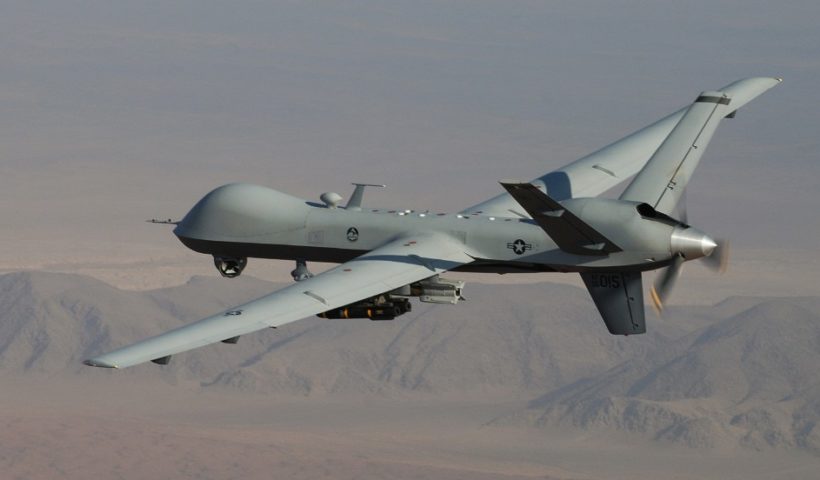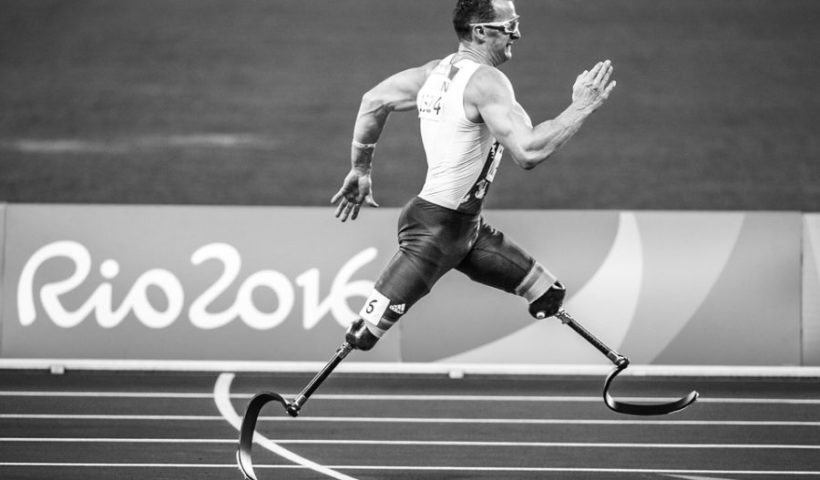It has been estimated that 50 million to 100 million people are infected by dengue fever each year, a number that is larger than the…
View More Fighting the Feverish FlyersCategory: Semester
Genetic Engineering in Farmed Animals: Solving or Prolonging Cruelty in Animal Agriculture?
Introduction In the United States, meat consumption has more than doubled in the last 50 years, from 15.8 million tons total in 1960 to 34.0…
View More Genetic Engineering in Farmed Animals: Solving or Prolonging Cruelty in Animal Agriculture?The Frozen-Undead: Ethical Implications of Suspended Animation and Cryonics
With the speed of advancement in research and technology, once unrealistic medical procedures and treatments have now started to become a reality. Suspended animation and cryogenics are some of these futuristically imagined ideas. The idea behind suspended animation involves the process of slowing down an organism’s metabolism to an extremely low rate. This puts the organism in a state called the “frozen-undead.” The goal is to revive them back to a normal, stable condition in the future. This process could potentially provide more time for patients in critical condition who cannot be saved by current medicine. However, there has been growing debate about the research and use of suspended animation and cryonics on human subjects. This paper focuses on the ethical implications of continuing this research and critically examines different viewpoints towards freezing organisms.
View More The Frozen-Undead: Ethical Implications of Suspended Animation and CryonicsEthics of Decisions Behind the Los Angeles Aqueduct
Moving water from outside a city in for its residents is a challenge in growing metropolitan areas, and engineers are needed to create the systems and structures and to oversee the work. Engineers often go far away to get water, and transporting it can be difficult and expensive. In the early 1900’s, Los Angeles needed its engineers to move water into the drying city. They chose to take water from the Owens Valley, a water-rich valley high in the Sierra Nevada Mountains. The engineers did so in a legal way, although it was not done in a highly ethical way. This paper will argue that the way the Los Angeles aqueduct project was done was highly unethical. It uprooted a whole area forcing farmers and families to leave their lands. It was hard on the local ecology, drying up the Owens Lake. And it has greatly changed the landscape of Southern California. The engineers on the project used underhanded means when the water could have been procured in an ethical manner.
View More Ethics of Decisions Behind the Los Angeles AqueductDrones and Surveillance: An Ethical Approach
The field of aerospace ethics has dealt with the impact of technology and actions of aircraft that fly in the skies above people and nations, recently focusing on the rise of drones. The drone’s function to gather surveillance has been a longtime focus for military applications but only recently has this ability been demanded by domestic agents such as law enforcement and the Department of Homeland Security. Yet in the case of domestic surveillance, no set of ethical guidelines has been established dictating how drones can perform surveillance and how the data collected can be used. The objective of this paper is to set a framework in which the rights of a person can be protected while also looking out for the good of the public. To establish this framework, this paper will examine drone surveillance under the rights and utilitarian ethics approaches before considering a mixed approach.
View More Drones and Surveillance: An Ethical ApproachUtilitarian Rights-based Arguments for Planetary Protection
Protecting solar system bodies from contamination by Earth life has been an active research topic since the start of the space race. The prospect of finding and possibly contaminating extraterrestrial life has caused the Committee on Space Research (COSPAR) to set technical standards for planetary protection; planetary protection is essential to preserve humanity’s ability to study other worlds in their natural states, to avoid contamination that would obscure the ability to find life elsewhere, and to ensure that Earth’s biosphere is protected from alien life. Until recently, these utilitarian considerations have been sufficient in addressing all ethical concerns while exploring outer space. However, the prospect of terraforming Mars has sparked a debate over the ethical implications of destroying possible alien organisms. This paper provides a historical background regarding the ethical considerations in human space exploration and argues that the utilitarian considerations provided by the NASA Office of Planetary Protection are sufficient for answering ethical questions regarding planetary protection within the solar system.
View More Utilitarian Rights-based Arguments for Planetary ProtectionThe Ethics of Artificial Organs
Oscar Pistorius made history by becoming the first double amputee to compete in the Olympics, reaching the semifinals for both the 400 meter and the…
View More The Ethics of Artificial Organs






